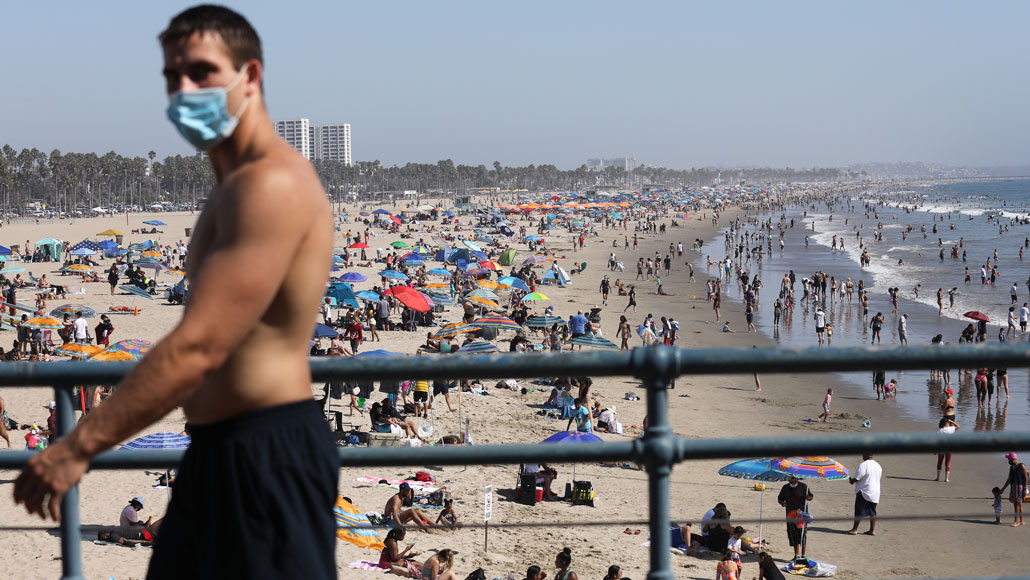
A record-breaking, intense heat wave struck Southern California (including Santa Monica, shown) in September 2020.
Mario Tama/Getty Images

A record-breaking, intense heat wave struck Southern California (including Santa Monica, shown) in September 2020.
Mario Tama/Getty Images